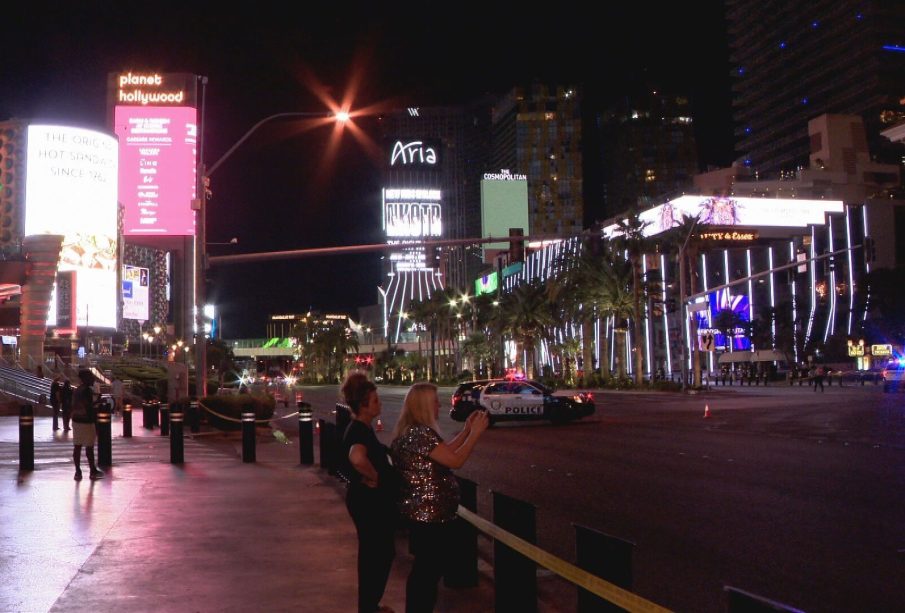The Impact of the Las Vegas Shooting: An Ongoing Discussion

Introduction
The Las Vegas shooting on October 1, 2017, remains one of the deadliest mass shootings in American history, claiming the lives of 58 individuals and injuring over 800 others. This tragic event not only shook the United States but also reverberated across the globe, inciting discussions about gun control, public safety, and mental health that transcend national borders. Understanding the implications of the Las Vegas shooting is essential for assessing current policies and community safety measures, especially in countries like Canada that are also impacted by such tragedies.
Details of the Incident
The shooting occurred during the Route 91 Harvest music festival, where concert-goers enjoyed performances from popular artists. The perpetrator, Stephen Paddock, fired into the crowd from the 32nd floor of the Mandalay Bay hotel using a semi-automatic weapon. The event highlighted the complexities of gun control in the United States, where firearms are often easily accessible. Reports indicated that Paddock had acquired a significant cache of firearms and ammunition, and this accessibility raises serious questions about loopholes in existing gun laws.
Reactions and Legislative Changes
In the wake of the tragedy, there was a renewed push for gun control reform. Various states proposed new gun control measures, although significant federal change has remained elusive. Advocates for stricter gun laws used the tragedy as a rallying point, aiming to address issues like bump stocks—a device Paddock used to modify his rifles for increased firing speed. Despite the overwhelming outcry for tighter regulations, legislation at the federal level has stalled, showcasing the deeply entrenched divisions in American political discourse regarding gun rights.
The Aftermath and Lessons Learned
The Las Vegas shooting also had wide-ranging implications for mental health awareness, emergency response protocols, and security measures at large public events. Following this event, many organizations began to reassess their security policies, focusing on crowd safety and preparedness for potential active shooter scenarios. In Canada, discussions around gun control have gained momentum, as the government continues to work on gun legislation aimed at restricting access to firearms, particularly assault-style weapons.
Conclusion
The Las Vegas shooting remains a significant turning point in the discussion about gun control and public safety in North America. As Canada considers its legislation, the lessons learned from such tragic events underscore the urgent need for policies that protect citizens while addressing the rights of responsible gun owners. The ongoing dialogue inspired by this tragedy serves as a poignant reminder that communities must remain vigilant and proactive in ensuring safety against the backdrop of evolving social dynamics and cultural attitudes towards guns.









